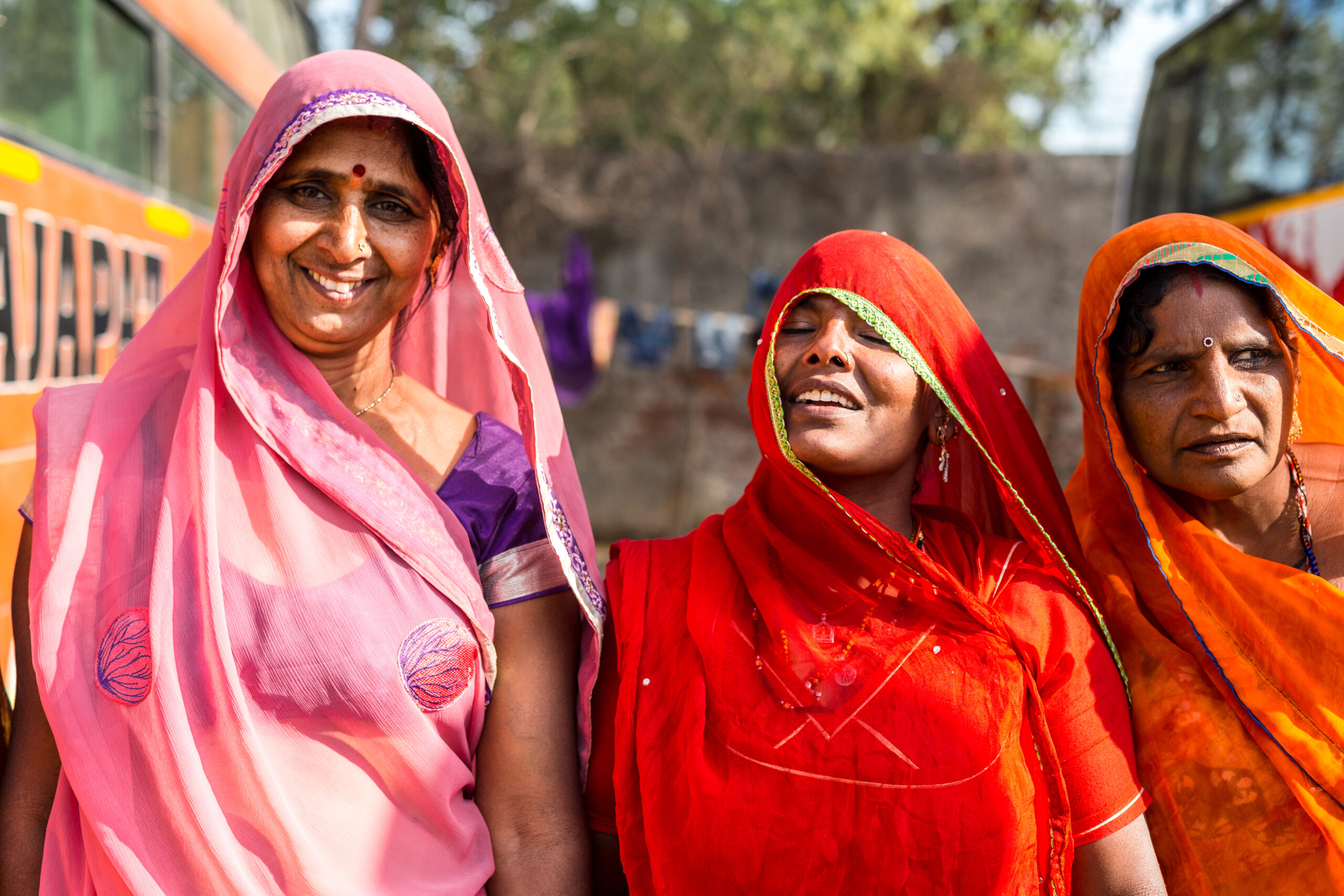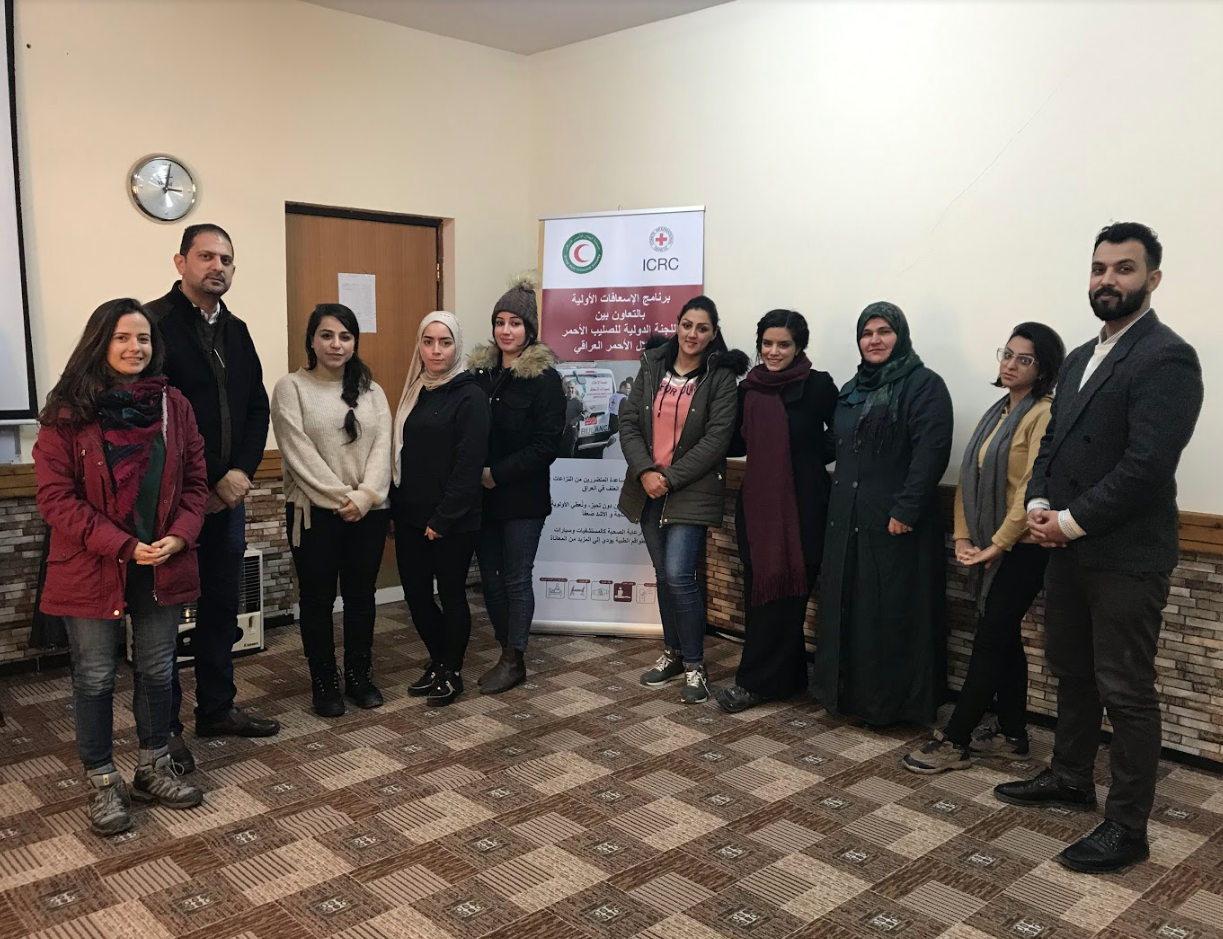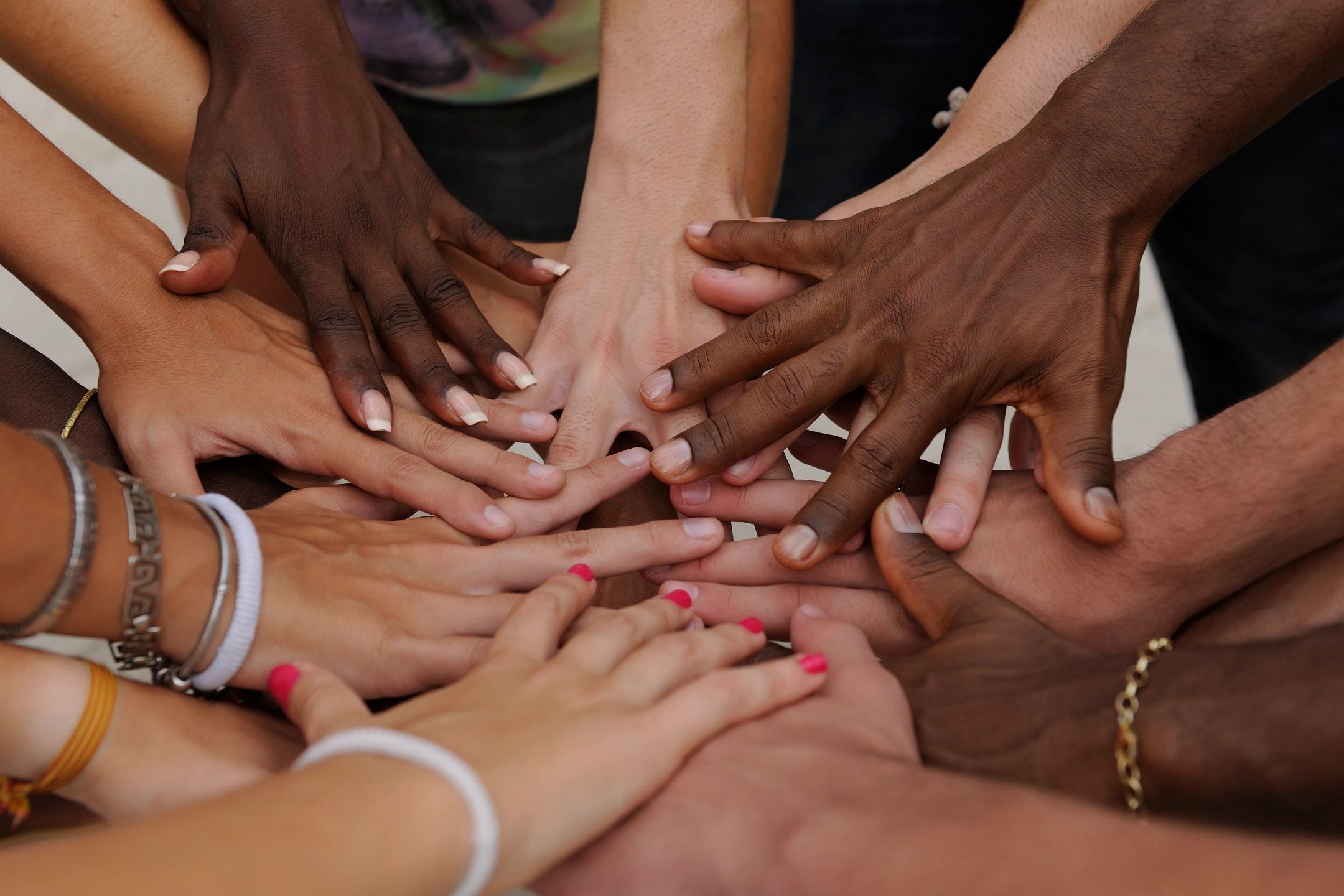The creation of human and planet-centred proposals using Design-Thinking
Home »We use collaborative Design-Thinking to understand the needs and aspirations of the organizations we work with.
Applications and proposals usually have a very fixed and structured format. They frequently require submitting log frames, activity matrix, timelines, and Theory of Change.
Where does innovation go? Our experience in this field allows us to know how to create a successful proposal and how proposal writing can be an exceptional opportunity to spread innovation, especially when working on sustainable development projects.
When drafting proposals, it is usual to fall into the temptation of thinking of the solution first. However, it is also typical that, after investing a large number of resources, these proposals are not as successful as we might have hoped. The innovation methodology tries to minimise the risks of failure of proposals and projects, generating novel and resilient solutions based on participatory diagnosis and a collective ideation process.
Five steps to creating a proposal using an innovative methodology:
– By better understanding our target groups and the challenge. Every project aims to improve a specific aspect of the citizen’s life and, for that, we must begin by identifying it. We want to have a better understanding of the challenges our target groups face. The empathy map and the recipient diagram are two useful tools. By asking ourselves how our target group thinks, feels, and understands their point of view, their needs, pains and gains, dreams, and constraints, we give them a voice in the decision-making process. Besides, we will have a much better starting point as we will have a closer understanding of the problem and the people we want to work with.
– Enabling us to co-define the problem collectively, even including our target groups, when possible, making for a much more legitimate problem definition and a better interpretation of its causes and effects. We want to ensure that the problem that we think is relevant is also the most suitable for our target groups. The problem tree is an excellent tool to facilitate this conversation.
– Allowing for a more participatory and inclusive solution building process, including applicants, co-applicants, and third parties in the conversation. Furthermore, they could also propitiate experience and knowledge sharing opportunities with target groups for the co-creation of innovative solutions best fitted for the challenge.
– Ensuring the selection of the idea that best solves the identified problem in an efficient, agile, and dynamic way, taking into account its viability and impact.
– Applying a human-centred and a life-centred approach. While the human-centred design has been revolutionary in its implementation, given its unquestionable ability to generate legitimate solutions to co-defined social problems, it often loses sight of our planet’s global challenges by focusing on human issues. So far, human-centred design has not been able to face today’s most significant global problems such as climate change, marine pollution, soil degradation, deforestation, among others. Human-centred design is a great tool to empathise and understand human needs and desires, but it falls short when it comes to an understanding of planetary needs and being able to tackle them.
On the other hand, life-centred and some eco designs have a planetarium approach, prioritising environmental issues.
At IWORDS Consulting, we firmly believe that human rights protection goes hand in hand with ecological conservation. Thus, it is important to incorporate a life-centered approach with a healthy human rights-based perspective. We work closely with our clients with an innovative and agile set of tools, as well as a circular mindset, to co-create and look for systemic solutions: with people and the planet, for people and the planet.
Share…
More posts…
The importance of essential gynaecological skills for the health and well-being of women in the developing world
The importance of essential gynaecological skills for the health and well-being of women in the developing world The EGS programme of the Royal College of Obstetricians and Gynaecologists IWORDS Global was commissioned by…
Our experience with Danish Red Cross in Syria, Lebanon, and the Kurdistan Region of Iraq
Our experience with Danish Red Cross in Syria, Lebanon, and the Kurdistan Region of Iraq In November 2019, the Danish Red Cross (DRC) commissioned IWORDS Consulting to undertake the final evaluation of a special grant…
Read More Our experience with Danish Red Cross in Syria, Lebanon, and the Kurdistan Region of Iraq
Consultancy on comprehensive support in the institutional and financial strengthening process
Consultancy on comprehensive support in the institutional and financial strengthening process Guided by the principles of humanization, teamwork, development of human capacities, transparency, and good practices, ESAR, Oriéntame, and PROSER Foundations have contributed to guaranteeing the exercise…


